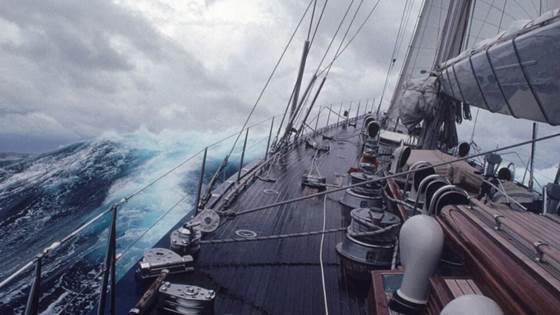
Why we get seasick – and how to avoid it
Everyone gets seasick, says researcher Toralf Sundin Hamstad at SINTEF, but there are tricks we can employ to avoid the worst of it.

Everyone gets seasick, says researcher Toralf Sundin Hamstad at SINTEF, but there are tricks we can employ to avoid the worst of it.

No one likes sitting in a traffic jam. Research shows that the average Norwegian motorist is willing to fork out almost 100 kroner in order to spend one hour less in traffic. But traffic congestion can also be mitigated.
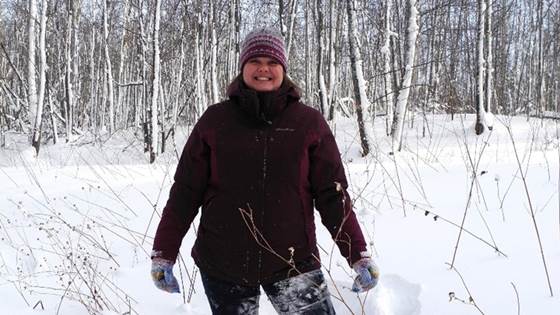
How can nature-based solutions help us harness the power of nature to adapt to and mitigate the impacts of climate change in cold regions? This is the topic of a new podcast.
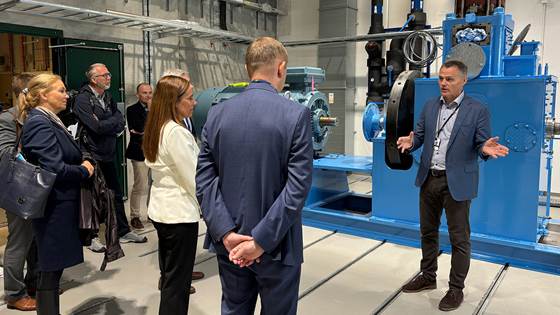
Two new laboratories will test energy systems that will make shipping green, and constructions that are necessary for offshore wind and other energy development offshore.
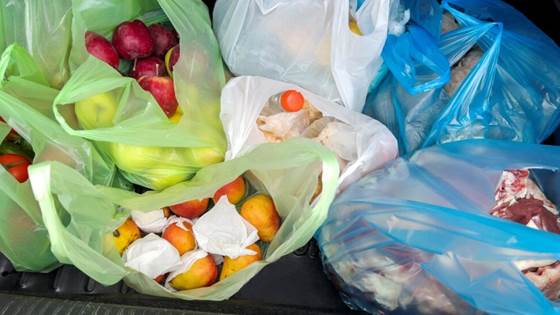
The warning couldn’t be clearer. Standard plastic grocery bags are useful when we’re out shopping, but don’t use them to store food. So says research scientist Lisbet Sørensen at SINTEF.

Researcher Hanne Haslene-Hox at SINTEF claims that bacteria are much better than their reputation suggests. Each of us hosts as many as 38 million of them in our bodies.
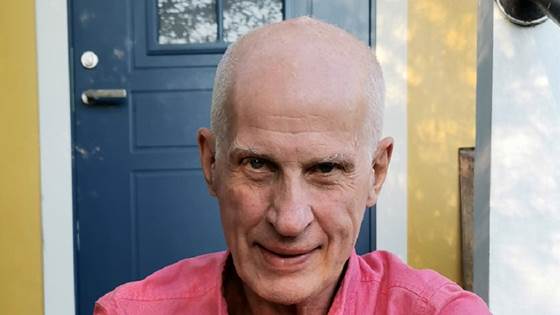
He’s been called the father of carbon capture and storage in Norway – but Erik Lindeberg isn’t resting on his laurels. At 76, he’s still crusading to make sure this technology is put to use as quickly and comprehensively as possible, to help the...
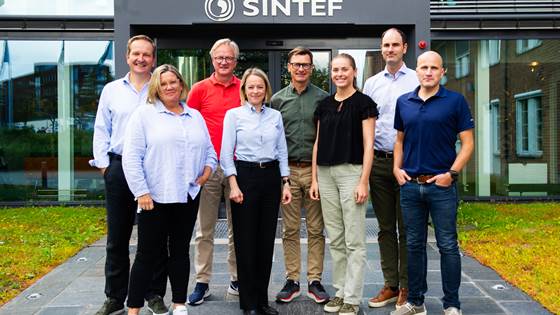
The European Investment Fund (EIF) is intensifying its support for Norwegian technology startups by making its third and largest investment to date in SINTEF’s seed fund.

Milestone hydrogen news arrives from Cologne, as Shell has taken a final investment decision on REFHYNE II, a 100-megawatt renewable proton-exchange membrane (PEM) hydrogen electrolyser at the Shell Energy and Chemicals Park Rheinland in Germany.
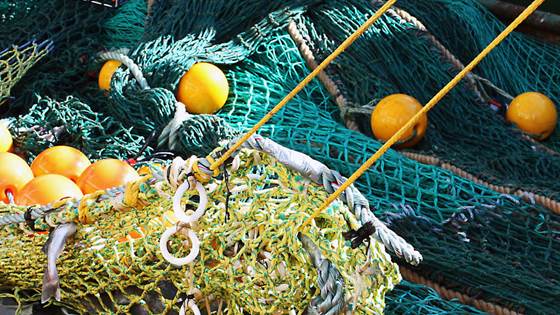
Much of the plastic in the sea in Norway comes from the fishing industry. At least when we look at weight. Ropes. Nets. Buoys. Styrofoam. Clothes.
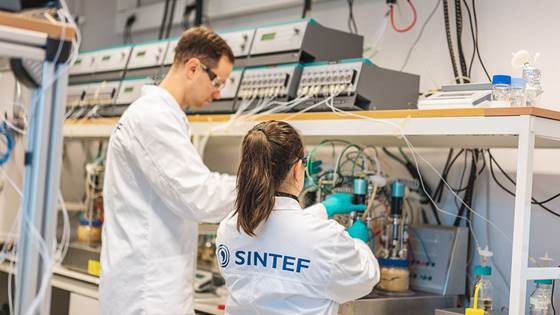
SINTEF contributed with research on bioprocess optimization in a project for establishing industrial microbiological fertilizers in Lithuania.
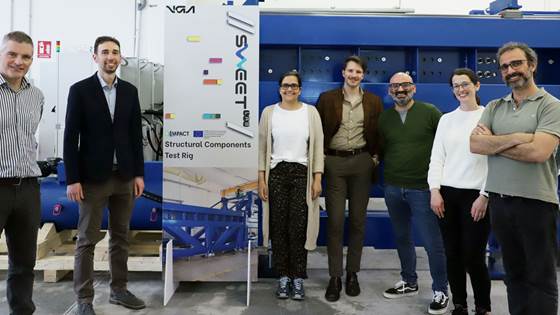
SINTEF has played a key role in the development of an innovative approach for testing wave energy converter (WEC) reliability, performance and destructivity.
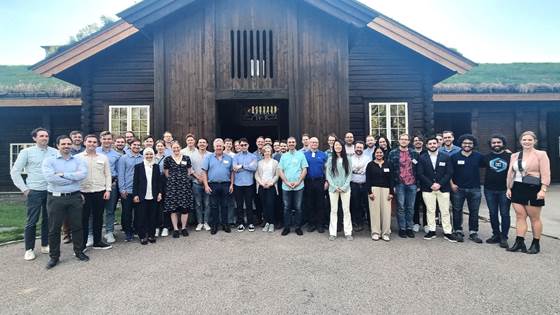
For AI to help us solve the world’s major challenges, we need to invest in other types of machine learning, not only language models like ChatGPT.
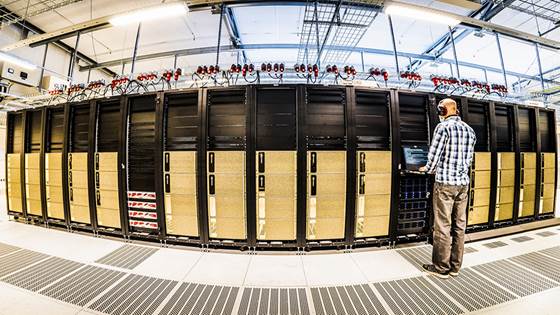
Large amounts of digital data are needed to use artificial intelligence in materials research. The international standard, OPTIMADE, allows researchers to easily communicate with all relevant databases.
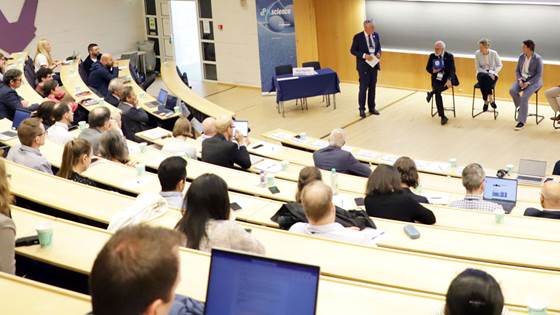
19 June 2024 – Over the past two days, 132 hydrogen researchers and industry professionals gathered in Trondheim, Norway for the first ever H2science conference.